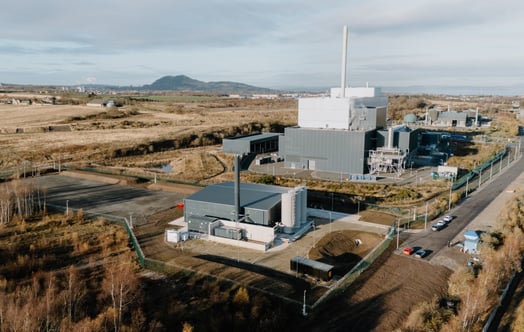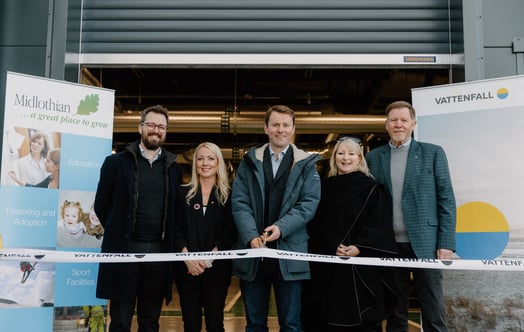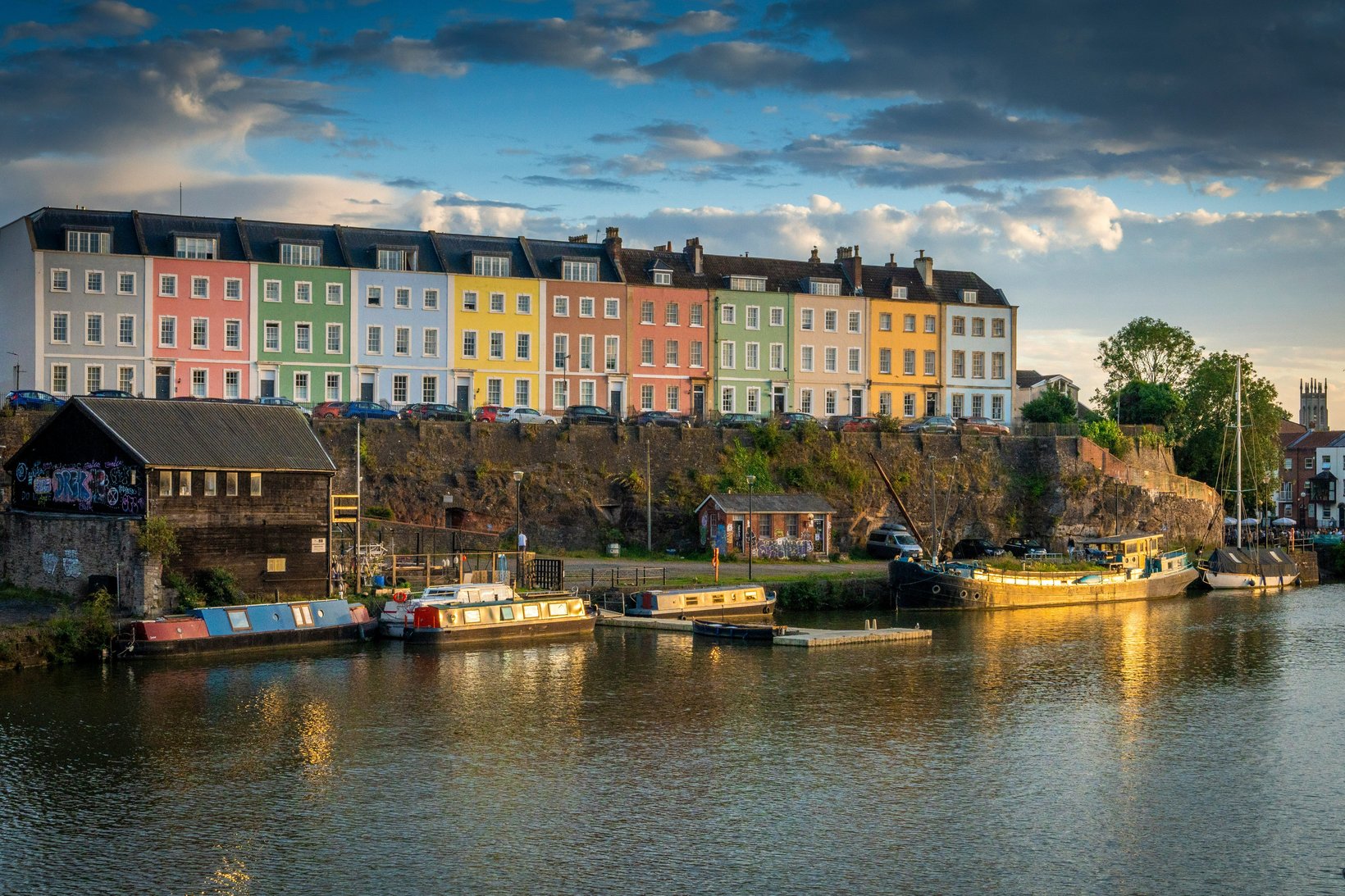
Building on our long-term partnership with Bristol, as well as current district heating partnerships in London and Midlothian, we are ready to collaborate with other progressive cities to unleash the potential of district heating.
At Vattenfall, we are on a mission to help free UK cities from fossil fuelled heating – and we’re already working with Bristol to deliver this ambition. Earlier last year, we acquired the city’s district heating network, which delivers low carbon heating and hot water to 2,000 homes, businesses and schools. Now we’re expanding it to create a citywide heating network, so residents can benefit from local heating and hot water, removed from any dependency on fossil fuels. In the initial phase, we are investing more than £200 million, to increase the connected demand 6-fold within five years.
This project is part of Bristol City Leap – a public-private partnership that will bring over £1 billion of investment to help make the city carbon neutral and climate resilient by 2030. Heating and hot water from natural gas boilers are a key source of greenhouse gas emissions, so the city council is focused on replacing them with low-carbon alternatives.
Bristol’s plan is to prioritise district heating across the city’s most densely populated areas. These are the places where it will work best because they’re where demand is closer to potential low carbon and waste heat sources. Any excess heat, from places like factories and sewage plants, can be siphoned off and used to create heating and hot water for nearby homes and businesses. When it’s not feasible to connect a property to the network, an individual heat pump can be installed.
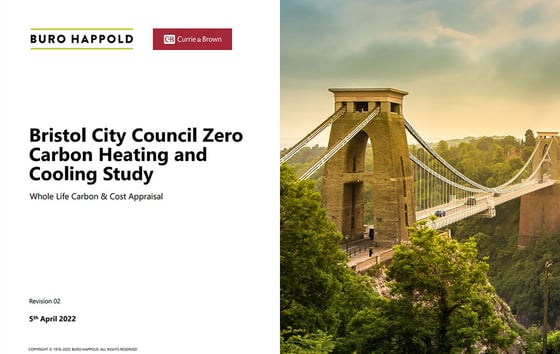
As there are numerous technical systems available in terms of heating and cooling buildings, Bristol City Council commissioned a report to work out which are the best ones to use locally. The research demonstrates that for local developers, construction companies and building owners, a district heating connection with a local chiller system is the best option for their building or development in a fossil-free age.
The report also ranks the technical systems in order of priority, according to local needs. With the UK district heating market still in its early stages, the research offers a guide to the technical kit out there and an overview as to what will work best in the UK.
The research was based on two typical Bristol properties: an office building and a mid-rise block of flats. The researchers created different heating and cooling design models, simulating their operation, so they could compare the emissions they release during use and their embodied carbon – the quantity of emissions created by their production and disposal at the end of their use.
The upshot was that it is this embodied carbon that is the most important criteria for lowering a building’s carbon emissions. In terms of choosing the right heating and cooling system, the choice of refrigerant is also highly pertinent. District heating systems will use large industrial scale heat pumps, which are more efficient than small domestic ones and use low or zero GWP refrigerants, such as ammonia. The Bristol district heating network will also tap into waste heat sources, which are zero or very low carbon, outdoing the savings of a building scale heat pump.
On the back of this research, we have three main policy recommendations when it comes to the decarbonisation of heating and hot water in the UK:
- For commercial properties in urban areas, district heating networks and chillers with ultra-low global warming potential refrigerants should be prioritised.
- We also want to see whole life carbon assessments of technical systems form part of the planning process – to offer a holistic view on low carbon performance.
- Finally, we would like policy that aims to reduce the amount of energy demand at peak times, for both commercial and residential properties, to drive down emissions and power capacity needs too.
We also have a recommendation for existing building owners looking to decarbonise their portfolios. This research demonstrates that not only is the whole life global warming impact of a district heating connection and local cooling lower than that of on-site variable refrigerant flow systems, but on a whole life basis, the costs are comparable. This solution offers the ideal optimisation across these two vectors and investors that are looking at the longer-term impacts of their building and portfolio will view these systems more favourably.
Delivering district heating benefits everyone: from the local governments keeping communities thriving, happy and healthy, to the place-makers providing desirable homes fit for the future, and the people enjoying warm homes, free from boiler breakdowns and international gas market price volatility.
Building on our long-term partnership with Bristol, as well as current district heating partnerships in London and Midlothian, we are ready to collaborate with other progressive cities to unleash the potential of district heating.
Our networks take the risk out of decarbonising heating and hot water at scale. As the European market leader, we have built and now operate them in urban areas across Sweden, Germany and the Netherlands – with nearly two million customers connected to our networks. We can be relied upon to run the network, maintain the connections and decarbonise any remaining fossil fuel energy sources. We also have the expertise to offer the best technical guidance and support.
We want to share our knowledge to accelerate the creation of a thriving UK district heating market – we can only achieve a fossil free future by working together.
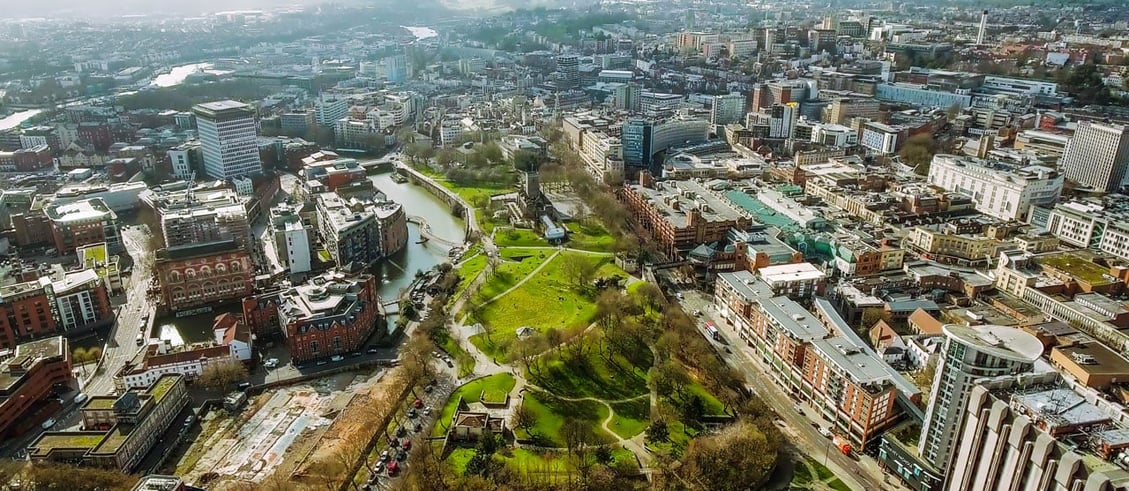
Heat networks in Bristol
Learn more about the benefits of connecting to heat networks in Bristol and get in contact with our Bristol team.


